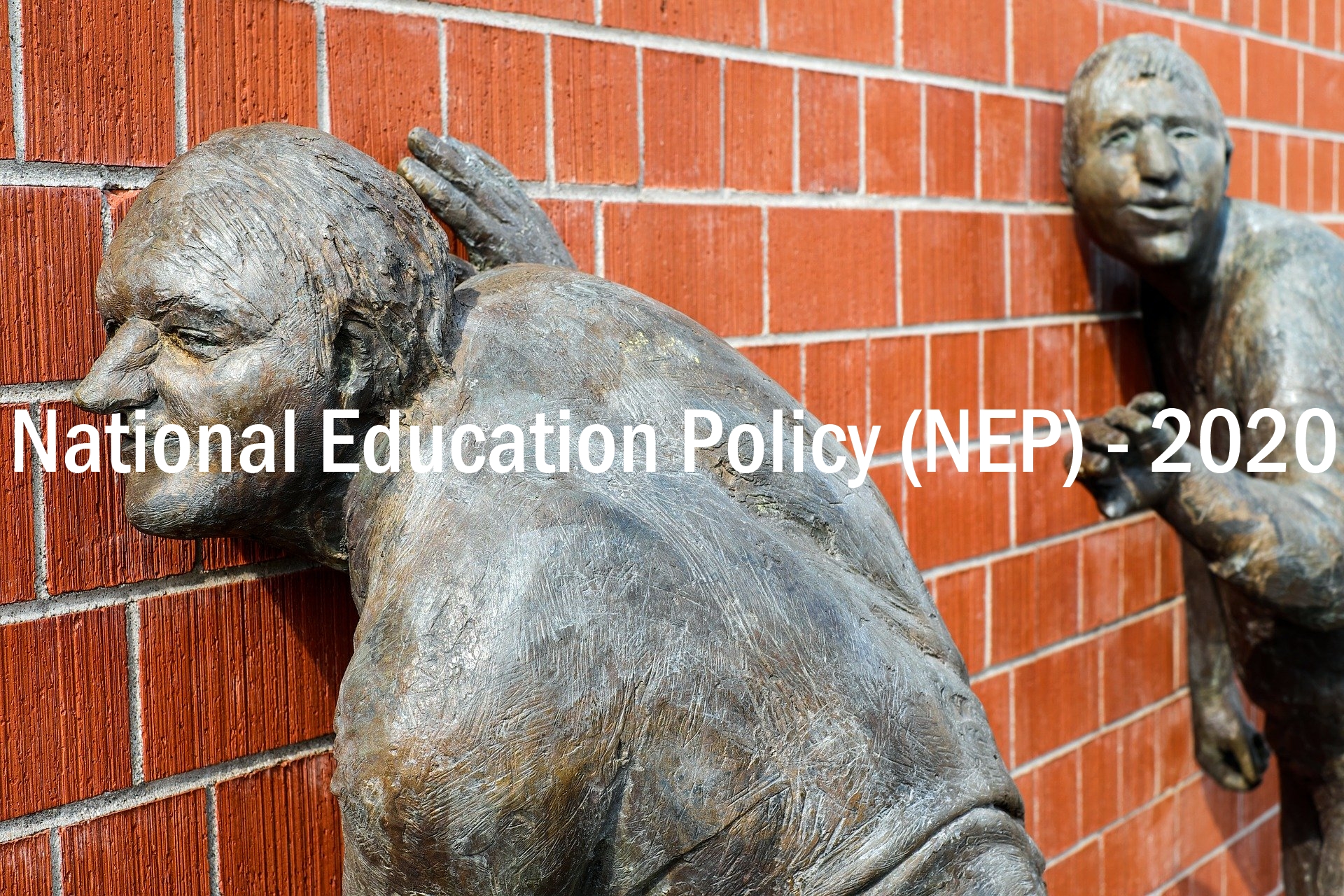On 29th July 2020, the government unveiled reforms in the education sector as a part of the National Education Policy (NEP).
You can read more about it at https://www.hindustantimes.com/education/new-education-policy-2020-live-updates-important-takeaways/story-yYm1QaeNyFW4uTTU3g9bJO.html
But here’s what we feel is FANTASTIC about this new policy
- Schools will follow a 5+3+3+4 pedagogical structure (starting from preschool), instead of a 10+2 system. After finishing high school, a student would directly join a degree program. No more junior college 🙂
- Computer programming will be included in the curriculum from 6th grade. Programming is a much needed skill for every kid in this day and age, so that’s good.
- Kids would get to sample vocational crafts and intern with local vocational experts such as carpenters, gardeners, potters, artists etc during grades 6-8 and also learn vocational subjects during holidays throughout grades 6-12. Everybody needs to learn these life skills and its nice it’s going to be part of the curriculum.
- While the Board exams for Grades 10 and 12 will be continued, the existing system of Board and entrance examinations shall be reformed to eliminate the need for undertaking coaching classes. Board exams will be redesigned to encourage holistic development; students will be able to choose any of the subjects in which they take Board exams, depending on their individualized interests, as per the policy. We really hope that this drastically reduces students’ dependencies on coaching classes.
- Board Exams will be low stake and will be conducted twice a year instead of once a year. They would test concepts and knowledge application, rather than rote learning.
- The undergraduate degree will be of either 3 or 4 year duration with multiple entry and exit options. The 4-year multidisciplinary Bachelor’s programme, however, shall be the preferred option and colleges will award a ‘degree with research’ if a student pursues a project along with it. Even engineering institutions, such as IITs, will move towards a more holistic and multidisciplinary education system with more arts and humanities. Students of arts and humanities will aim to learn more science and all will make an effort to incorporate more vocational subjects and soft skills. This is a much needed change. This will make the Indian bachelor degrees comparable to and accepted by many international universities.
- The great part: An Academic Bank of Credit will digitally store the academic credits earned by each student from various recognized colleges/universities so that the credits earned in the previous years can be awarded after re-entering into the programme again. For instance, if a student has to leave his/her education after the first year but would like to continue it at some point later, they can get credit for the earlier year completed in college and thus can start from where they left off.
- The ‘greatest’ part: Students can select a major and minor too during their undergraduate. So now if one wants to major in mechanical engineering with a minor in music, that should be possible.
And there are many other plus points about the new system. Hoping that this new system will make learning more fun for kids, than what it is now. Wish they also incorporate training on ‘Entrepreneurship’ and ‘Ethics’ as part of the new curriculum.

Jothsna is the co-founder of Academy One, a career guidance and study abroad counseling venture. Prior to founding Academy One in 2005, Jothsna worked as an IT and business consultant with companies like Motorola and Trajen Inc. in the USA. She holds an engineering degree in computer science from Andhra University and a MS from the University of Texas. She also received her MBA from the Mays Business School at Texas A&M University, USA.

